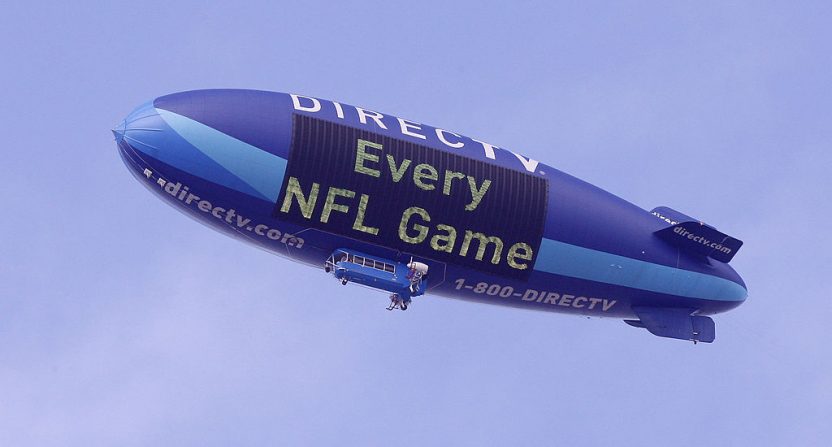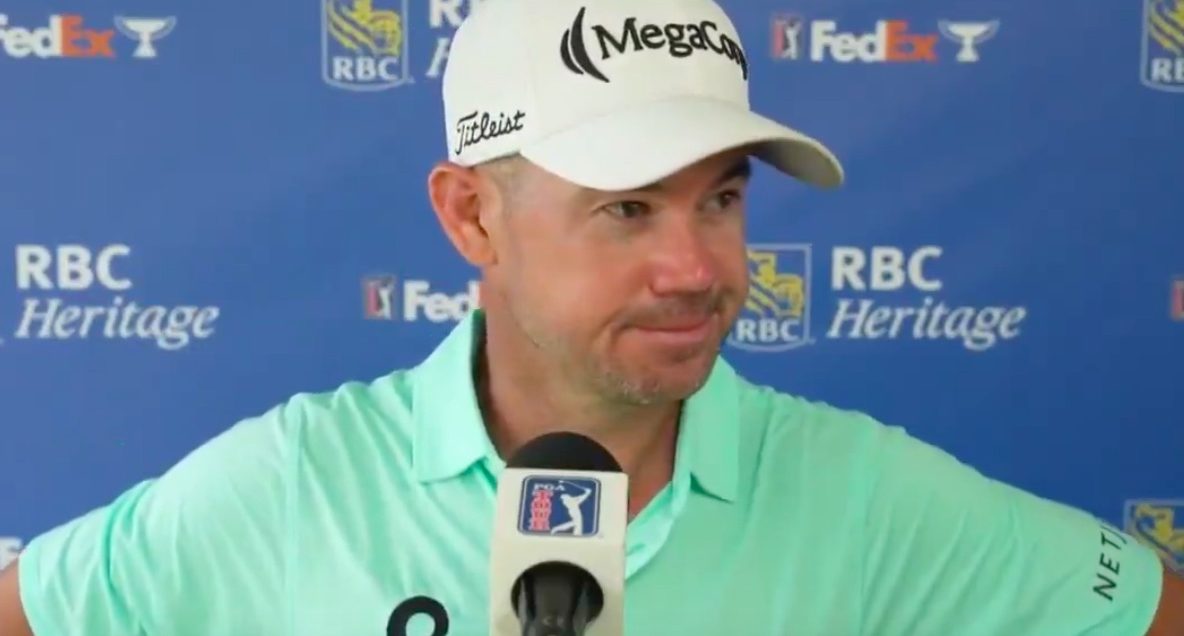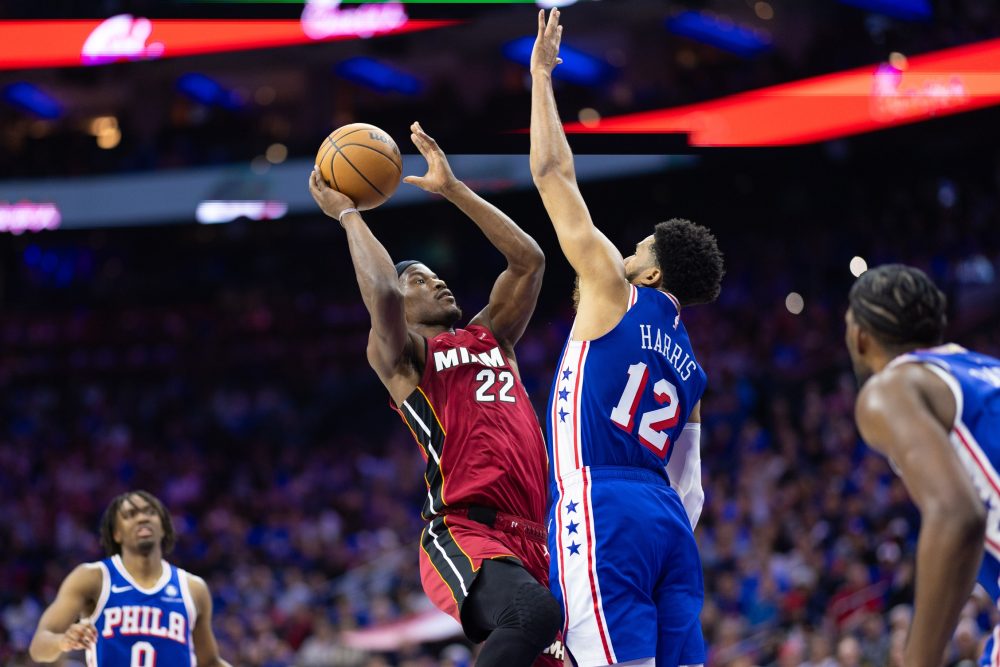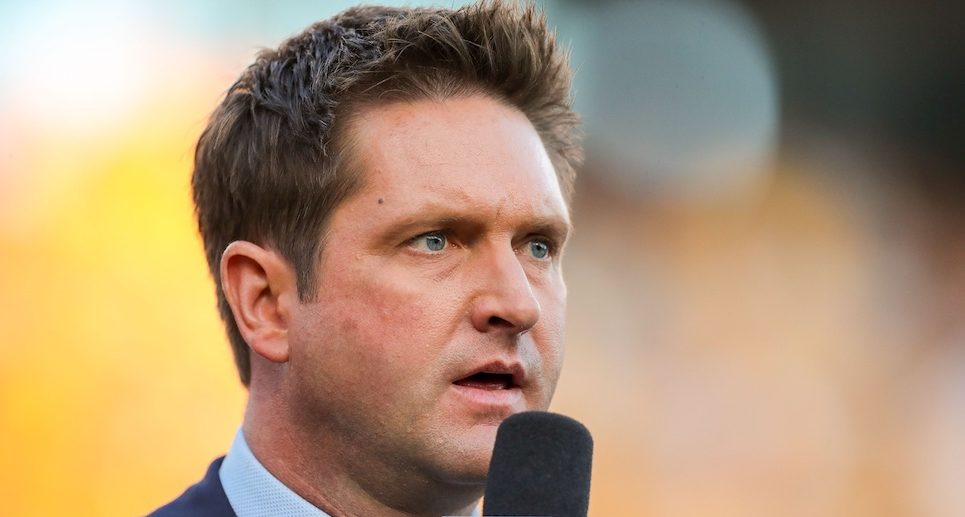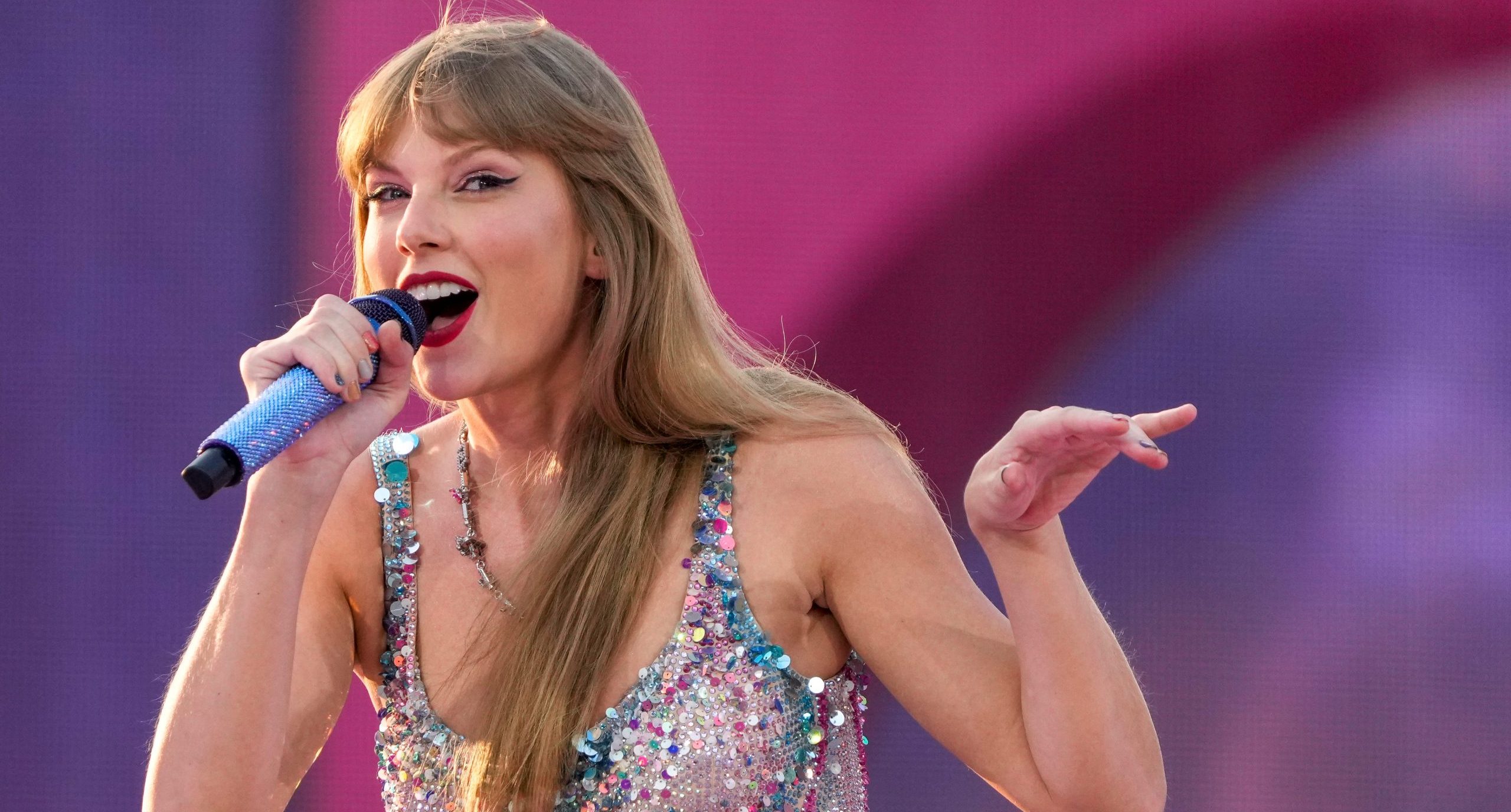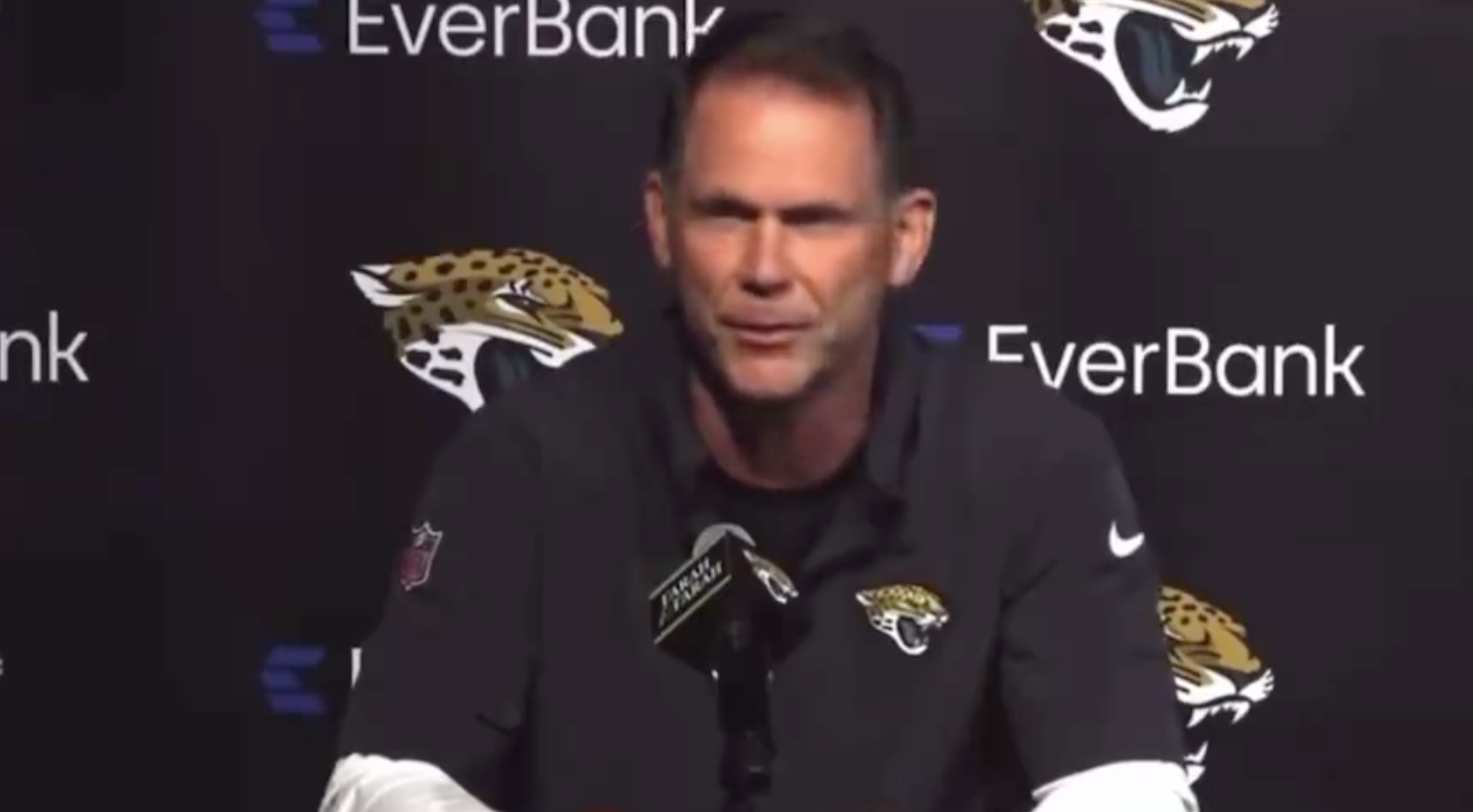This week, a federal judge heard arguments in a lawsuit that claims the NFL Sunday Ticket package violates antitrust laws. Sports bars and restaurants have filed lawsuits against the NFL and DirecTV claiming the package restricts broadcasts to out-of-market games only and charges too much to commercial institutions such as bars, restaurants and hotels.
The latest
O’Connell also looked at what exactly is a blackout and what exactly does DirecTV’s slogan “see every game everywhere” mean? The NFL and DirecTV say it means every single NFL game is available somewhere and multiple games are available on free TV everywhere so there’s no blackout.
However, the parties suing the NFL and DirecTV say that’s not good enough and viewers should be able to watch the specific game they want without having to pay for every game on the package. In turn, the NFL and DirecTV argue that because the parties don’t license, produce or distribute football games, they really can’t sue.
The judge appeared to agree with the NFL/DirecTV’s argument, but then stated that she’s considering the lawsuit because there are a “web of agreements” that can’t be ignored.
It’s a headache that the NFL and DirecTV would like to go away. It’s why the NFL asked for dismissal and why DirecTV sought arbitration. It’s a suit that fans, industry analysts and other sports leagues are watching. The final decision could influence how other pay per view packages are offered and defined.

